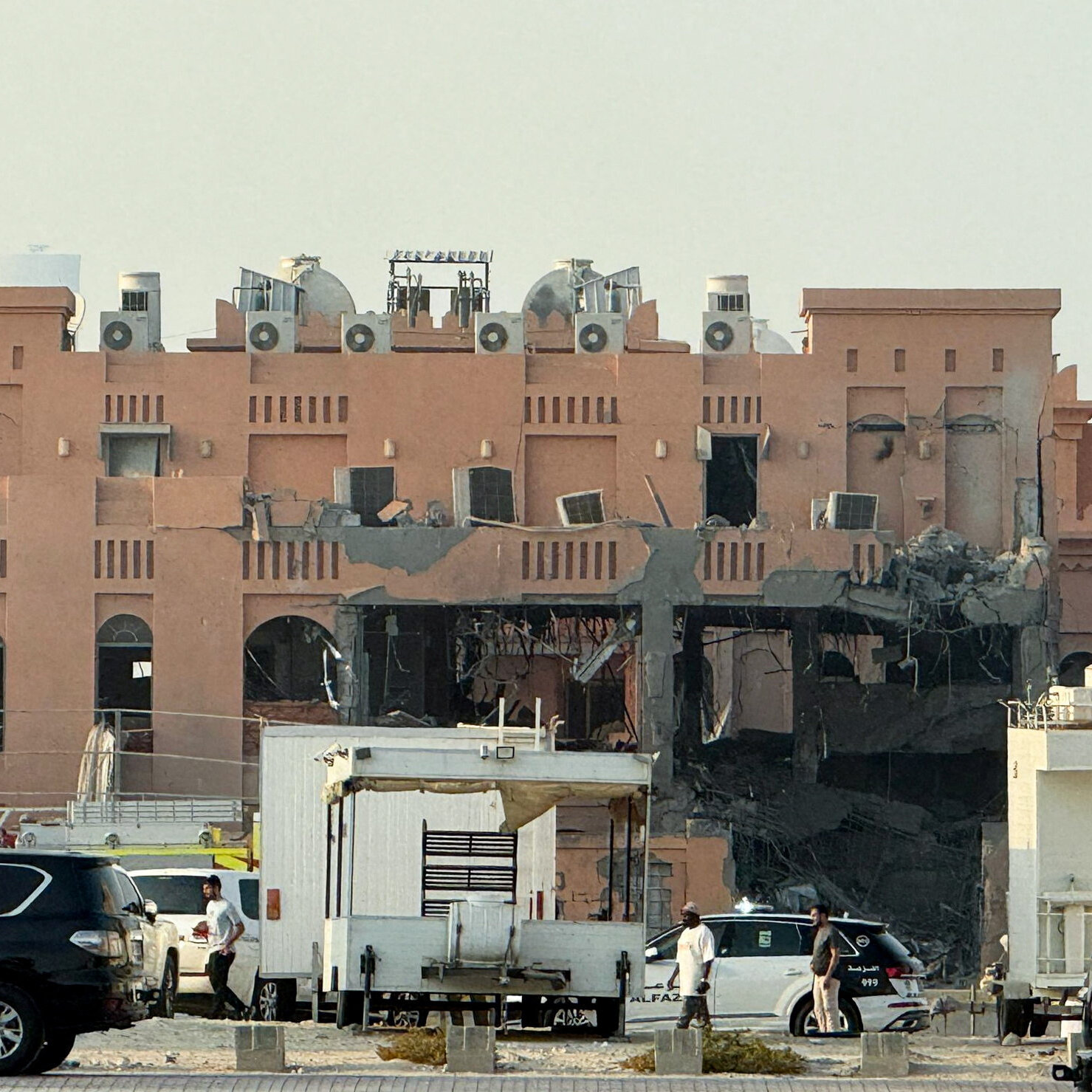On October 7, 2023, Israel launched a series of airstrikes against Hamas positions in Qatar, marking a significant escalation in regional tensions. This operation targeted alleged Hamas operatives and infrastructure believed to be involved in orchestrating attacks against Israel. The Israeli Defense Forces (IDF) stated that their actions were a direct response to ongoing threats posed by Hamas, which the IDF claims has been using Qatari territory to coordinate military activities.
The strikes resulted in the reported deaths of at least 25 individuals, including key Hamas leaders. According to the Qatari Ministry of Foreign Affairs, these actions have led to widespread condemnation, with officials calling the strikes a violation of Qatari sovereignty. Qatar has historically positioned itself as a mediator in the Israeli-Palestinian conflict, hosting diplomatic discussions between various factions.
Reactions and Implications
In the aftermath of the airstrikes, the Qatari government issued a statement decrying the violence and calling for an immediate ceasefire. Qatari officials emphasized the need for dialogue and diplomacy to resolve the ongoing conflict, stressing that military actions will only exacerbate tensions in an already volatile region.
The United Nations also reacted to the airstrikes, with spokespersons urging both parties to exercise restraint. The UN Security Council is expected to convene to discuss the situation, highlighting the international community’s concern over the potential for further escalation.
The U.S. State Department has expressed its support for Israel’s right to defend itself while urging both sides to pursue diplomatic solutions. This dual approach reflects the complex relationship the U.S. maintains with both Israel and Qatar, as it balances support for its ally with the need to uphold regional stability.
Future Developments
As the situation evolves, analysts are closely monitoring how this incident might influence the broader geopolitical landscape. Many experts believe that continued military actions could derail recent efforts aimed at fostering peace between Israel and the Palestinian territories. In particular, the role of Qatar as a mediator may be jeopardized, potentially limiting its influence in future negotiations.
Humanitarian organizations have also raised alarms about the consequences of the airstrikes, fearing a rise in civilian casualties and displacement in Qatar. The international community is being called upon to ensure that humanitarian aid reaches those affected by the ongoing conflict, emphasizing the urgent need for a resolution to prevent further suffering.
As the world watches, the future of Israeli-Palestinian relations hangs in the balance, with both immediate and long-term consequences stemming from this recent escalation. The continued dialogue between involved parties remains crucial in the quest for lasting peace in the region.





































































